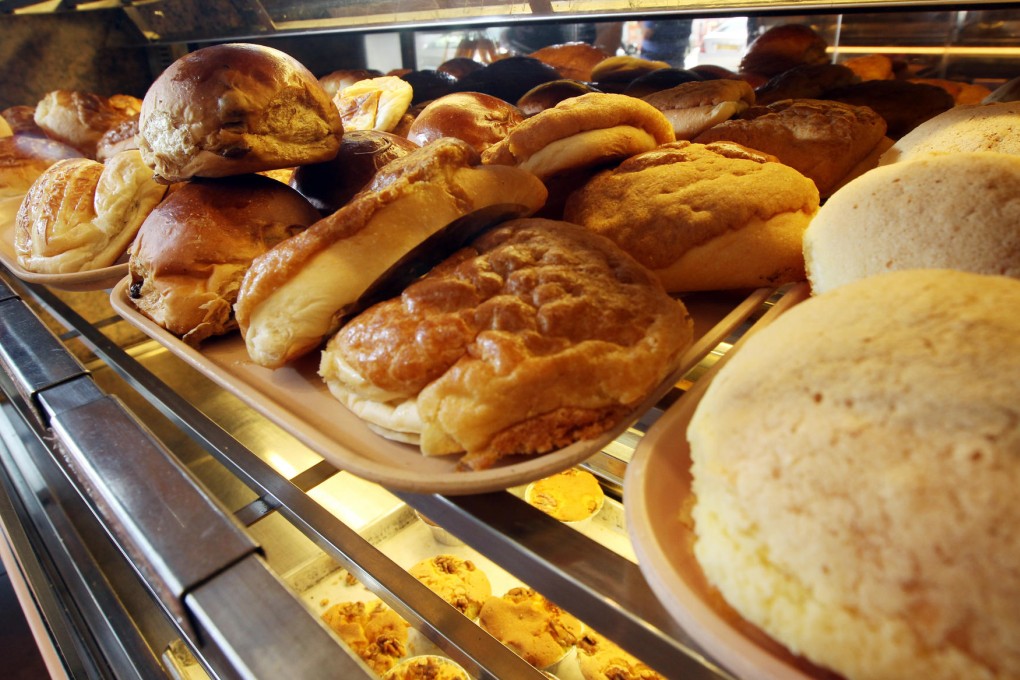Trans fats likely to stay on Hong Kong menus despite a US ban
Despite a US ban, artery-clogging artificial trans fats are likely to remain part of local menus, writes Nan-Hie In

Even as the United States moves to outlaw artery-clogging, artificial trans fatty acids from its food, consumers shouldn't expect a ban in Hong Kong any time soon.
Legislative Council member Joseph Lee Kok-long, who represents the health services functional constituency, says he is reluctant to ban trans fats because it could affect the city's bakeries and fast food industry by adding to their costs.
He says partially hydrogenated vegetable oils, the major source of trans fats, are commonly used to improve the texture and shelf life of baked goods.
"If [food producers] have to use alternatives, it may increase the price of the food items, which might have an impact on the public," says Lee, who also heads the nursing and health studies division at the Open University of Hong Kong.
The initiative of making people healthy is not the priority of this government
The US Food and Drug Administration (FDA) took the first step towards eliminating most trans fats from food by revoking the "generally recognised as safe" status of partially hydrogenated oils. If that preliminary status is confirmed, these oils will be considered additives that cannot be used in foods without approval. This means foods containing trans fats cannot be sold.
News of the American ban has led other countries to consider similar action. In Australia, health experts and officials urged a ban. In contrast, an official from the China National Centre for Food Safety Risk Assessment told China Daily the mainland would not follow suit because Chinese diets included few trans fats.